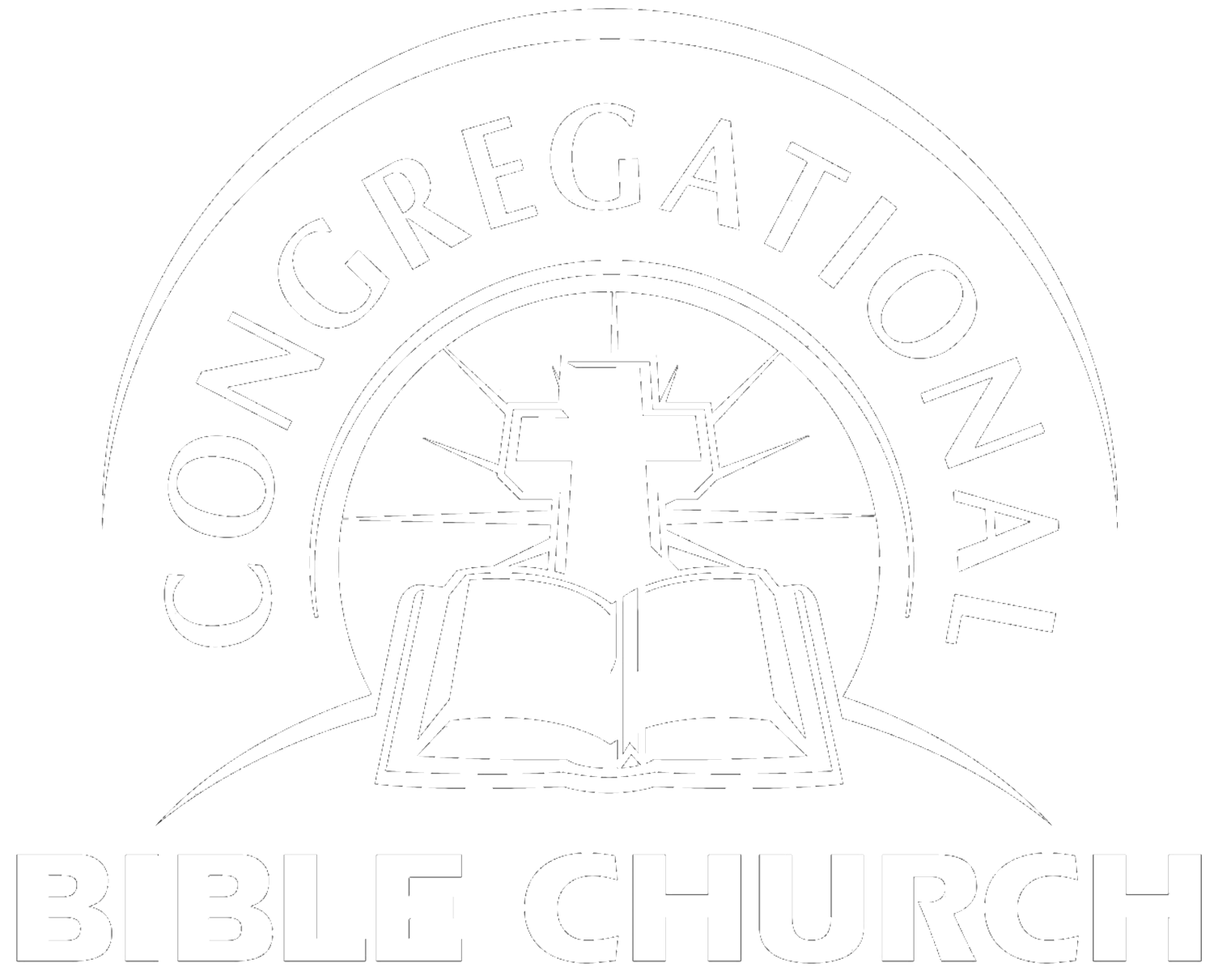This month I’ve chosen to write about a serious issue in the lives of many Christians that maybe they are unaware of: the issue of legalism. The term is a familiar one in Christianity but many do not have an accurate understanding of what it is. Legalism is the attempt to gain favor with God by the keeping of external rules created by the individual. It is an attempt to define sanctification and holiness by a list of do’s and don’ts. Don’t smoke, don’t drink, don’t watch that show, do support Christian businesses only, etc. Now, some of those things are good to have rules against, but where the legalist missteps is thinking that by adhering to that list they’ve accomplished true holiness and sanctification. In this article, I want to share with you 3 fatal flaws of legalism that should lead us to reject it as a process of sanctification.
First, legalism exaggerates personal righteousness. When people implement rules of behavior that are not found in scripture, they imply that their level of righteousness is so high, they must add to what Scripture says. It is as if they are saying ‘I’m doing so well at obeying the Bible, I’ve added more to it!’ I want to ask the legalist: are you rejoicing always, are you praying without ceasing, are you giving thanks in everything (1 Thess 5:16-18)? Are you loving God with all your heart, soul, mind, and strength? If not, then maybe you need to work on those instead of manufacturing other commands to follow. We can learn a lot by looking at the apostle Paul. Just look at his self-description in Romans 7. He is arguably the greatest Christian of all time and he calls himself a ‘wretched man’ (v 24) and a person in which ‘no good dwells’ (v 18). And this is his self-assessment after he has come to Christ. Instead of congratulating himself on how he hasn’t touched a piece of meat from the idol’s temple, he weeps at his own putrid attempts at righteousness. The legalist can learn a lot from Paul.
Second, legalism underestimates the seriousness of sin. The legalist would define sin as breaking one of the commands he/she has installed into their own life. Don’t curse, uh oh, I cursed therefore I sinned. I shouldn’t watch movies with witchcraft and I did, another sin. However, this reveals a view of sin that falls significantly short of how the Bible describes sin. 1 John 3:4 says that sin is ‘lawlessness.’ Sin is a heartfelt rebellion against a holy God. It is not a mistake or an accident, it is an act of defiance. Jesus said that sin comes from the heart (Matt 15:19) and the prophet Jeremiah says that the heart is ‘desperately sick’ (Jer 17:9). So, sin is rooted so much deeper than just a lapse in judgment here and there. Sin comes from a polluted heart that wants to disobey God and will find ways to. Imagine you had a nasty weed in the middle of your garden and once a week you came out and trimmed it with a clipper. Every week it is going to come back unless you root out the real problem and take care of it from the source. Sin is a state of the heart that manifests itself in behavior and the legalist underestimates this serious understanding of sin.
Third, legalism depreciates true Biblical sanctification. The legalist is all about rules and regulations that must be kept rigidly. And, no doubt, there are strict rules and commands that the Bible orders us to obey. But do not be deceived, true Biblical sanctification is so much more than simplistic external rules like ‘don’t say the F-word’ and ‘don’t wear a hat in church.’ Is that the extent of what Biblical sanctification really is? I would submit to you that it is not. Biblical sanctification has a much higher and loftier goal. It is the conforming and transforming of the believer into the image of Christ. You find this explained in Romans 8:29 and 2 Corinthians 3:18. Biblical sanctification is supposed to be you becoming an entirely new person; a person that looks like Jesus Christ. Biblical sanctification is not satisfied with a grumpy, impatient, unloving Christian who doesn’t watch rated R movies. That is not holiness. I have known too many Christians who have got the rule keeping or the ban on certain things locked down, but they fall woefully short of being transformed into the image of Christ. Do not depreciate Biblical sanctification by making it simply a list of do’s and don’ts.
A life of fighting the sin in the heart and pursuing righteousness in all things is so much more than a checklist. Sometimes making rules can be helpful in installing boundaries in our lives, but make no mistake, Biblical sanctification is so much more. If you want to be truly holy be honest of your failures and keep correcting them, be aware of the sin in your heart and not just the sin in your actions, and evaluate yourself not on whether or not you’ve kept the rules but whether or not you look more like Christ today.
